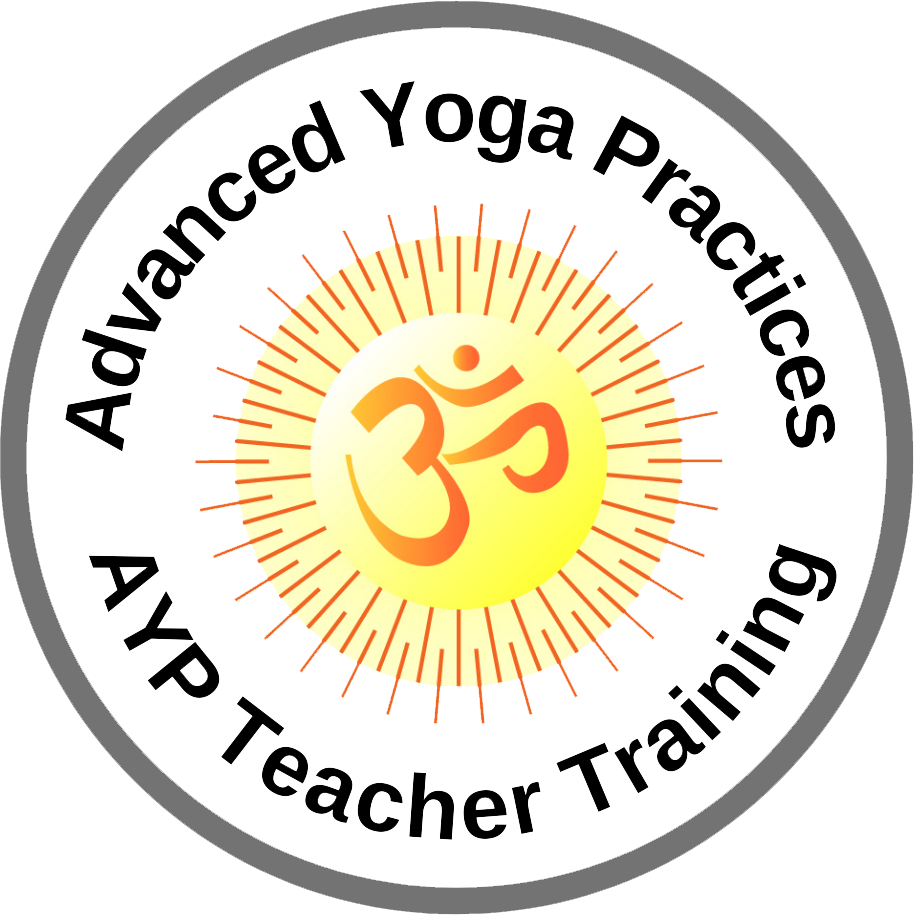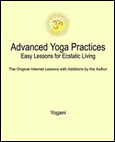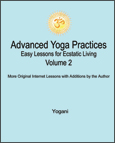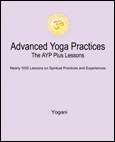|
Public Home | Plus Home | Main Lessons | Tantra Lessons | Public Forum | Plus Forum | Downloads | Books Topic Paths | Search | Training-Retreats | Testimonials | Survey | Interviews | MultiMedia | Contact | Donate |
|
Advanced Yoga Practices Note: For the Original Internet Lessons with additions, see the AYP Easy Lessons Books. For the Expanded and Interactive Internet Lessons, AYP Online Books, Audiobooks and more, see AYP Plus. Lesson 348 - A Journey from Here to Here (Audio)
AYP Plus Additions:
From: Yogani New Visitors: It is recommended you read from the beginning of the archive, as previous lessons are prerequisite to this one. The first lesson is, "Why This Discussion?"
When these kinds of teachings are taken at face value, there can be confusion, or obsessive behavior toward one extreme or the other that can retard our spiritual progress rather than enhance it. These teachings may be accurate within the context of the lives of those who are giving them, but may not be relevant to all who are hearing or reading them. In any case, spiritual progress cannot be sustained on the basis of conceptual thinking. It is beyond ideas. Hence, the contradictions. Only in abiding inner silence can the truth be known. Bhakti offers a big advantage in considering the paradoxes and other distractions encountered on the spiritual path, because it ignores them! Devotion is pure emotion, and does not have to puzzle things out. Little thinking is necessary. As it says in the Bible, "Seek first the kingdom of heaven, and all will be added to you." The heart knows this. Love knows no reason, and this enables one with strong bhakti to cut through the distractions, and act. If action is applied in effective spiritual practices, then the journey will be on, and the paradoxes and spiritual experiences will become a matter of record, passing scenery in the process of human spiritual transformation, rather than an endless series of evaluations. Just milestones along the road. Road from where to where? From here to here, of course. Where else would we go? Another element of the divine paradox is the idea that we must travel far to attain enlightenment, even while there is nowhere to go. Another way of putting it is to say that there is much to do, yet nothing to do. As with other spiritual paradoxes, if doing without doing is intellectualized too much, we may find extreme behavior emerging. Like the person who leaves life's responsibilities, spouse and children, running off to seek enlightenment. Or the seeker who discontinues all activity in the belief that there is nothing to do, thus becoming a burden on those around them. Whether the aspirant runs away or sits down and does nothing, the essential fact will not be changed. That is, we take ourselves wherever we go. So no matter where we go or what we do or not do, the journey will be from here to here from not realizing to realizing our ever-present Self. We don't have to leave our home or disengage from our responsibilities to reach this realization. All we must do is long for it, spend some time each day in structured practices like deep meditation and spinal breathing pranayama, and then go out and live our life normally. With that, we will be traveling quickly on the inside in purification and opening, without doing much out of the ordinary on the outside. We don't have to put on strange clothing, take up a new lifestyle, or engage in elaborate rituals. We can do these things if we are strongly drawn to them, but it will only make a difference if it inspires us internally in some way. The same thing can be accomplished in jeans and a T-shirt, sitting where we are right now. While enlightenment is ultimately a non-doing, a letting go, we must do something to cultivate it. We can wait for someone else to turn on the light (maybe a very long time), or we can get up and turn on the light ourselves. We must do something in order to do nothing. And we do not have to leave home to do it. In fairness to the old ways, things are quite different now. Information about the means and processes of human spiritual transformation are readily available these days. It is the information age, and nearly everyone has access to knowledge. In the old days, one might have to travel far to find knowledge. And the knowledge often had strings attached - required lifestyle, beliefs, rituals, etc. Even so, the journey has always been within each person, and it will always be like that. Now, with greatly increased access to spiritual information, we can move beyond the external props of spiritual life, and boil it down to the basic principles and methods, which are universal. What we find is an endless expanding cycle of spiritual desire, action, purification and opening, continuing on until enlightenment and the paradoxes of spirit become part of everyday life and are little noticed. Along the way, we will have many experiences. We may feel extremely passionate about our spiritual journey in the beginning, even before we have traveled very far. In practicing daily deep meditation over months and years, we will come to know inner silence and reside in That, finding it to be our own Self. Ordinary life will go on, even as we find ourselves living beyond it, untouched by it. We will find the rise of dispassion amidst the normal passions of living. We might wonder if we are losing it, with respect to being engaged in life. As we continue on, we will find that our desire has not been dissolved, but transformed. Transformed from personal desire to divine desire. This is the gradual shift from serving self (our body/mind) to serving Self found everywhere around us in others. During this transformation, we will find our attachment to the outcomes of all action becoming less. It has been said that desire leads to action, and to attachment to the results of the action. Yet, as we move forward on our spiritual path, we find that our desire shifts to become more for the action itself - the divine flow coming through us and not so much for the end result. The desire and divine flow become one. In becoming one like that, our actions become a powerful force of evolution in all that we do in our everyday life. It is the power of love, outpouring divine love. We find ourselves living a passionate life with dispassion, a life filled with desires without expectations, and a life of full engagement in active surrender. This is possible through ongoing devotion and the rise of inner silence. Our initial spiritual desire continues throughout our journey and transforms gradually from personal to divine. We have gone nowhere, except forward in the realization of our own Self, a journey from here to here. We have become love on the move, stillness in action, which is the marriage of stillness and divine ecstasy radiating constantly from within us. Then all of life becomes our divine beloved and all we do is a glorious dance, unfolding unity everywhere. The journey begins in love, and ends in love. The guru is in you. Discuss this Lesson in the AYP Plus Support Forum Note: For detailed discussion on the rise of divine love and unity, see the Bhakti and Karma Yoga book. For detailed instructions on building a balanced daily practice routine with self-pacing, and on the evolution of the stages of enlightenment, see the Eight Limbs of Yoga Book. Also see AYP Plus. |
|
|
|
Join the Mail List:
AYP Retreats
eBooks - PDF, EPUB
FREE eBooks with
SAVE with Bundled
|

























